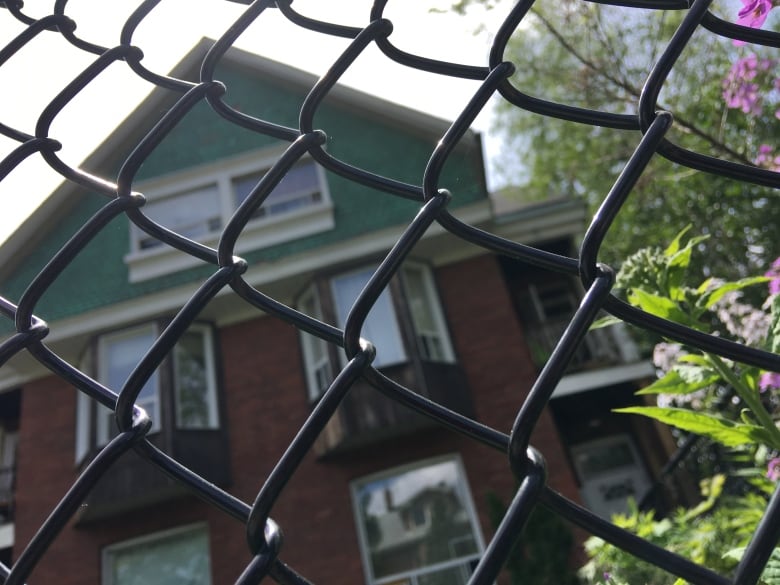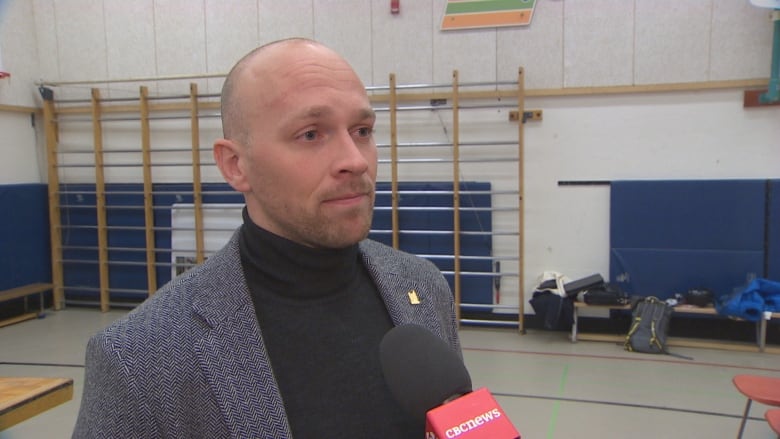
Sometimes the work of Toronto city council seems like a waiting game.
Some issues at city hall can be cyclical. They return to the council floor for endless debate, another approval, or a change of direction all together. And somehow, they never quite go away.
One of those perennial thorns in the side of council is now also a key element in Mayor John Tory’s Housing Action Plan — legalizing rooming houses.
Tory has tried twice to get rooming houses legalized throughout the city and failed. But it finally happened at Wednesday’s meeting, and some veteran councillors are heralding it as a monumental step toward in creating more housing stock and helping people who live in these homes.
“Toronto will be able to ensure that those who already live in multi-tenant houses … have protection,” Tory said as he pushed for passage of the motion during a Wednesday morning news conference.
“Multi-tenant houses exist; legalizing them in all parts of the city will make them safer. And I believe that will actually save lives.”

Since at least 2008, city council and staff have explored how to get rid of the patchwork of rules that make rooming houses legal in some parts of Toronto and illegal in others. Tory said since 2011, 14 people have died in rooming house fires in the city. He contrasted that with the two people who have died in fires in legal and regulated rooming houses.
And as Tory pointed out, you can’t monitor and keep safe what you don’t know exists. Illegal rooming houses are in every part of Toronto, but city staff could not even estimate when councillors asked how many people live in them, or how many of them there are.
“I hope to have council support morally, legally and from an affordable housing perspective,” he said. “The status quo cannot continue.”
And in the end, Tory did. Council passed the motion to establish a city-wide licensing and regulatory regime for rooming houses by a margin of 18 to 8.

After the vote, councillors and even some city staff embraced, celebrating the change. Coun. Gord Perks, one of Tory’s most vocal critics, quietly walked over to the mayor and they shook hands.
“There are so many people in the city of Toronto who have worked so hard for this day,” Perks said.
“it will save lives, it will make the quality of life for low income Torontonians better, it will keep people off our streets,” the councillor for Ward 4, Parkdale-High Park added..
“It’s an achievement that feels great and really should have happened over a decade ago.”
Perks said he has tried a dozen times to have council legalize rooming houses. Over the years, he says fear of the unknown has kept communities, and the councillors who represent them, from facing the issue head on.
“Every time we legalized a rooming house in Parkdale, I would have to go into a gym with a group of people who were worried and maybe even scared, and talk them through how this was going to work,” he said.
“And it took time and it took effort.”
He downplays a suggestion that suburban councillors, answering to NIMBY voters, have kept rooming houses on the fringes and illegal for decades.
“It’s just getting over that fear of the unknown,” he said. “It’s never really been a downtown-suburb thing. That was just a mis-characterization.”

Coun. Brad Bradford, who is the chair of the housing committee and a former city planner, said previous councils simply didn’t have the courage to face angry residents and confront the issue.
“I think the conversation of housing in the city is changing, and the housing crisis has become so acute, it’s no longer possible for politicians to ignore it,” he said.
“I think that those councillors who have an evolving position should be commended. They are listening to the people.”
Now the hard work begins for city staff.
The new regime isn’t expected to come into full effect until later next year to give them time to stand up the new system.
They will need to hire and train inspectors, creating one of the largest departments in the city’s municipal licensing and standards department. They will then need to inspect the rooming houses entering the system.
The city will also engage in a public education campaign, informing people who are operating the illegal rooming houses of the change.
Some of those homes will need to be changed to comply with safety standards, and they’ll be given time to come on-board. And there will also be public outreach to combat disinformation, Tory said.
And while the work to bring rooming houses into the legal regime has just begun, Tory thinks there will be little pushback against politicians who continue to support those efforts.
“Councillors who are bold when it comes to getting more housing built will be rewarded, I believe, no matter what the debate is today, with re-election because they acted and they took the difficult decisions and did things that were right,” he said.
“I think in a time of multiple crises, those who repeatedly choose political fear will be very harshly dealt with by elections going forward.”